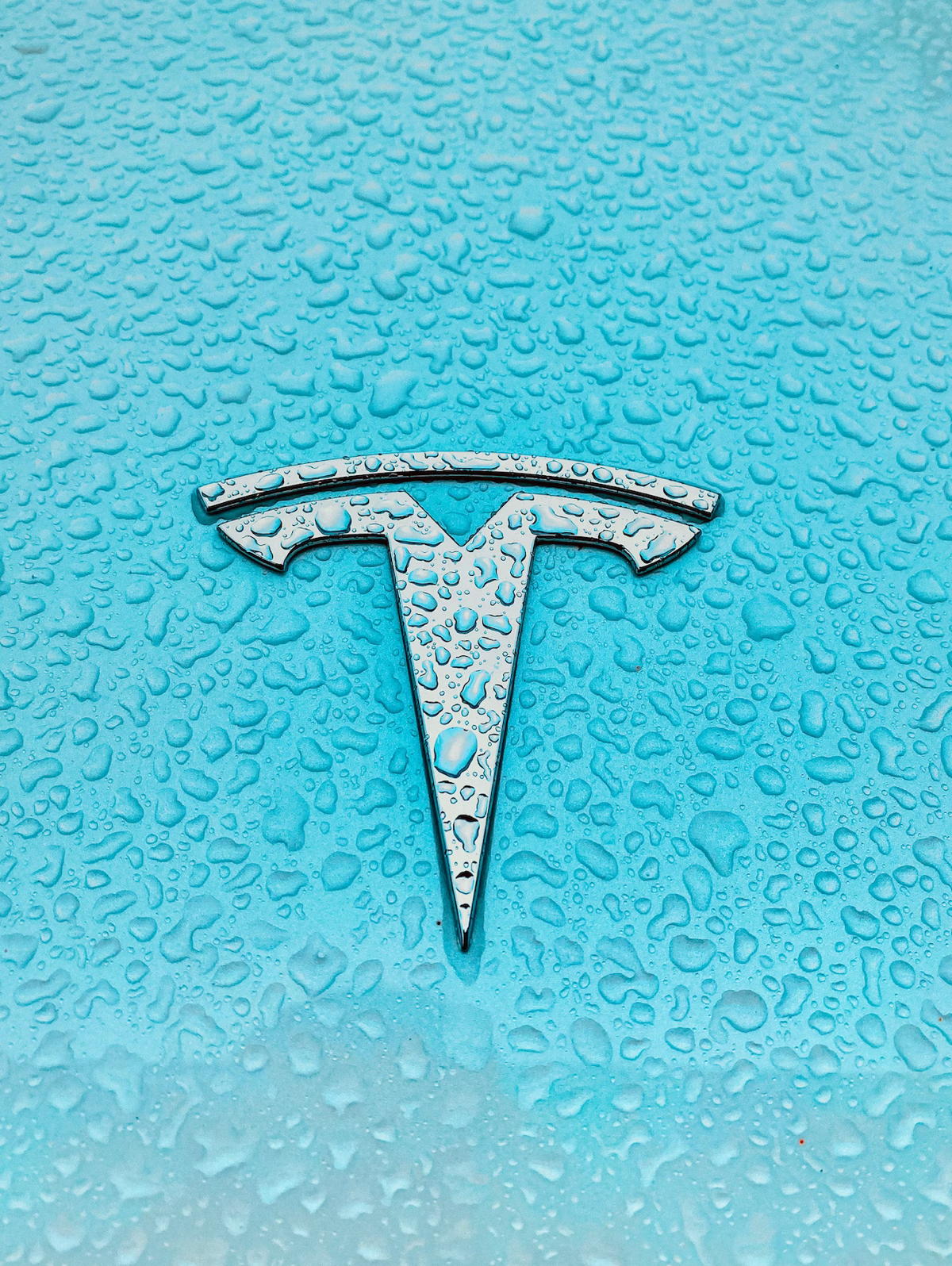Elon Musk $56 Billion Tesla Pay Package Vetoed By Judge
Judge rules against the $56 billion pay package for Elon Musk, after siding with legal challenge by Tesla investor
A legal challenge to Elon Musk’s compensation package awarded by Tesla’s board of directors that was potentially worth as much as $56 billion, has been successful.
CNBC reported that a Delaware judge on Tuesday had voided the $56 billion pay package, after ruling that Tesla’s board of directors failed to prove “that the compensation plan was fair” or show much evidence that they had even negotiated with him.
It comes after a lawsuit filed by Richard Tornetta, a Tesla shareholder who argued that directors had breached their fiduciary duties by awarding Elon Musk a performance-based equity-compensation plan.”

Judge ruling
The pay package that Tesla had granted Musk in 2018 was the largest compensation plan in public corporate history, the judge noted.
News of the ruling impacted Tesla’s share price, which reportedly fell 3 percent in after hours trading on Tuesday.
Chancery Court Chancellor Kathaleen McCormick in her 200-page ruling reportedly directed Tornetta to work with Musk’s legal team on an order implementing the judge’s decision.
Musk can appeal the decision to Delaware Supreme Court.
According to CNBC, Musk’s 2018 compensation plan had offered the world’s richest man the chance to secure 12 tranches of Tesla stock options, which would vest if the company’s market capitalisation increased by $50 billion and Tesla achieved a revenue target.
Essentially, the package did not guaranteed him any salary, but it did allow Musk to purchase Tesla stock at heavily discounted prices, providing the firm met escalating financial and operational goals.
Musk was ordered to retain the acquired stock for five years, and it should be noted that Musk satisfied all 12 tranches or performance targets in the plan.
Overpaid package?
“Was the richest person in the world overpaid?” McCormick in her decision was quoted as asking.
“The stockholder plaintiff in this derivative lawsuit says so. He claims that Tesla, Inc.’s directors breached their fiduciary duties by awarding Elon Musk a performance-based equity-compensation plan,” CNBC reported the ruling as stating.
“In the final analysis, Musk launched a self-driving process, recalibrating the speed and direction along the way as he saw fit,” the judge wrote. “The process arrived at an unfair price. And through this litigation, the plaintiff requests a recall.”
McCormick ruled that Tornetta had proved that Musk “controlled Tesla” and that the process leading to the board’s approval of his compensation was “deeply flawed.”
The judge also reportedly noted that that Musk had “extensive ties” with the people who were negotiating for Tesla on the package, including members of management “who were beholden to Musk,” among them General Counsel Todd Maron, his former divorce attorney.”
“Put simply, neither the Compensation Committee nor the Board acted in the best interests of the Company when negotiating Musk’s compensation plan. In fact, there is barely any evidence of negotiations at all,” the judge reportedly wrote.
“Rather than negotiate against Musk with the mindset of a third party, the Compensation Committee worked alongside him, almost as an advisory body.”
Musk response
Elon Musk responded to the ruling with a short tweet on X (formerly Twitter).
“Never incorporate your company in the state of Delaware,” Musk he posted.
Never incorporate your company in the state of Delaware
— Elon Musk (@elonmusk) January 30, 2024
He then later tweeted a poll that asked the question: “Should Tesla change its state of incorporation to Texas, home of its physical headquarters?”
Should Tesla change its state of incorporation to Texas, home of its physical headquarters?
— Elon Musk (@elonmusk) January 31, 2024
The ruling will no doubt lead to much greater scrutiny on Tesla’s next round of compensation negotiations with Elon Musk.
Tesla is currently valued at $610 billion, but in October 2021 it’s market capitalisation was briefly valued above $1 trillion.
Elon Musk last week reiterated his desire for 25 percent voting control of Tesla.
A 25 percent holding would be almost double Musk’s 13 percent stake currently held in Tesla.
It should be remembered that Musk did hold more than a 20 percent stake in Tesla before he sold a large number of shares in order to purchase Twitter (now known as X).